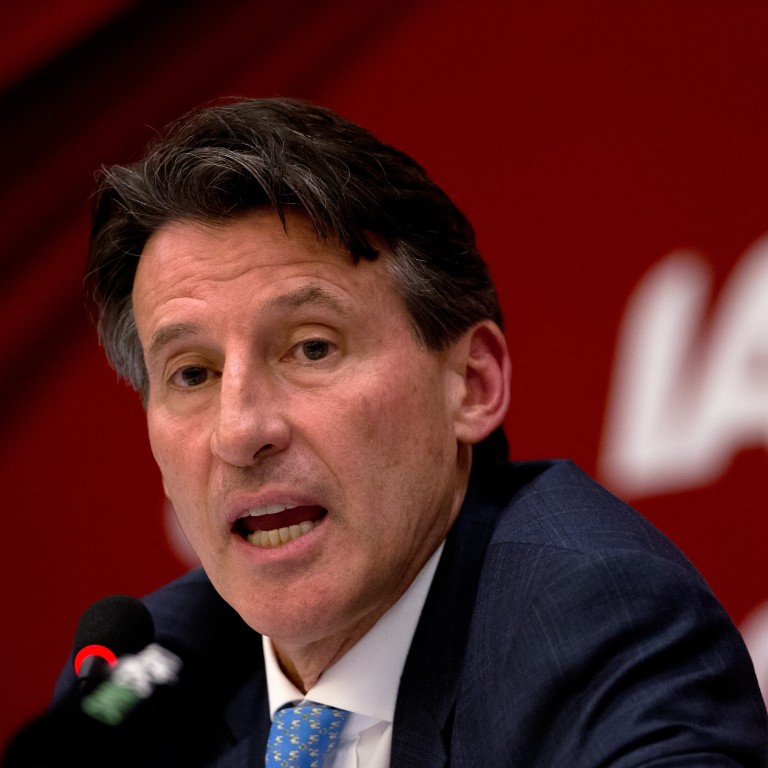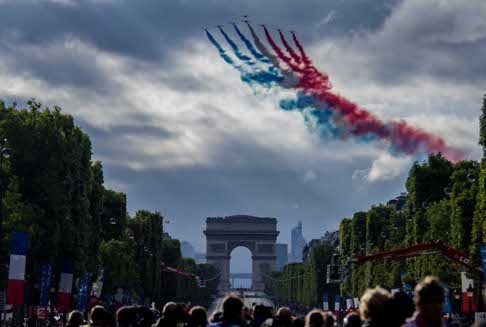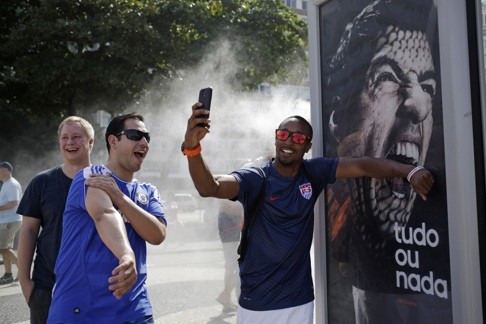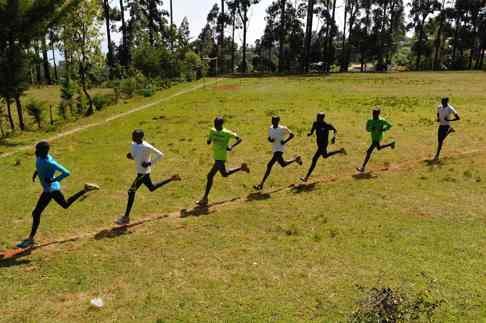
Nestle worried about damage to its reputation? Please – cash, not morals, is only reason corporations are quitting athletics
If fans were as passionate about track and field as they are the Tour de France and World Cup, sponsors wouldn’t give a hoot about doping scandals
You know your organisation is in trouble when even Nestle want nothing to do with you.
(And of course locally, they contribute to a menace more evil than all of these combined, mainland visitors clogging up the pavements with wheelie-bags full of milk powder).
But it no longer wants to be associated with athletics.

That glossy reputation and image – not impacted by malnourished babies, children being trafficked, workers fired for setting up unions, dead orangutans, empty Californian aquifers etc, etc – couldn’t survive association with an athletics programme that six or seven people knew existed.
You almost – almost – had sympathy for IAAF president Sebastian Coe, who sounded like a spoiled five-year-old denied a delicious Nestle KitKat.
“We will not accept it,” he wailed, seemingly under the impression that he had a choice in the matter. He even had the brass neck to use the phrase “the only people who will suffer here are the kids”.
“Clearly it wasn’t a decision made about reputation because, since 2001, they’ve been the global partner to the Tour de France [under one of their bottled water brands, Vittel], and renewed at a moment when cycling was in its worst position around doping.

Apart from being whataboutery at his finest – “hey, what about those guys, they’re just as dirty as us” – Coe accidentally pointed to a salient fact.
If people – and customers – were still interested in athletics, companies would hardly be bothered about the various scandals that have beset the IAAF.
Nestle are happy to have Vittel’s logo plastered all over the Tour de France because it’s massively popular.
Organisers claim (always worth a pinch or two of salt these) that 3.5 billion people watch at least some of it during its three-week run. A report from Leeds City Council (again, add seasoning) reckons hosting the Grand Depart in 2014 had an economic impact of £128 million over three days.

Indeed, while other sponsors went to the hitherto unheard-of lengths of issuing a statement suggesting Fifa might possibly want to consider behaving a little better in future, maybe, if that’s okay with you, Adidas have been resolutely silent. Football, you probably know, is quite popular and makes a lot of money.
If kids in the playground were addicted to swapping stickers of Russian hammer throwers, and 90 per cent of men’s conversations were triple-jump-related, there’s no chance Adidas or Nestle would be pulling out.

Meanwhile, with the World Anti-Doping Agency possibly set to declare Kenya non-compliant with its code on doping, I asked Kwan Kee, chairman of the Hong Kong Athletics Association and organiser of the Hong Kong Marathon, if he had any worries about this year’s winner and runner-up in the men’s event, both of whom were from Kenya.
He said he was confident the athletes were clean at the time of competing. “Anything can happen at any time,” he added, “[and] there’s more and more evidence coming out.”
It’s a shame that every Kenyan athlete will now be tarred with the same brush, but it just means they’re sharing the fate of every Russian athlete, every Chinese athlete ... actually pretty much every athlete. No wonder people – and thus giant multinational corporations – just aren’t interested any more.

